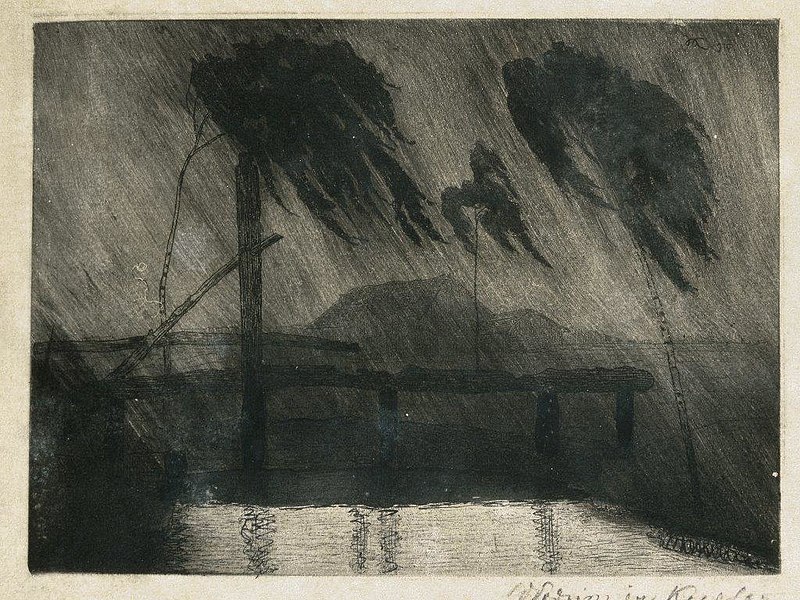The poem known as Catullus 16, by the Roman poet Gaius Valerius Catullus, is so explicit sexually that a full English translation was not published until the late 20th century:
I will sodomize you and face-fuck you,
bottom Aurelius and catamite Furius,
you who think, because my poems
are sensitive, that I have no shame.
For it’s proper for a devoted poet to be moral
himself, [but] in no way is it necessary for his poems.
In point of fact, these have wit and charm,
if they are sensitive and a little shameless,
and can arouse an itch,
and I don’t mean in boys, but in those hairy old men
who can’t get it up.
Because you’ve read my countless kisses,
you think less of me as a man?
I will sodomize you and face-fuck you.
Duke classics professor Micaela Wakil Janan renders this in modern English prose:
Fuck you, boys, up the butt and in the mouth, you queer Aurelius and you fag Furius! You size me up, on the basis of my poems, because they’re a little sexy, as not really decent. A poet has to live clean — but not his poems. They only have spice and charm, if somewhat sexy and really not for children — if, in fact, they cause body talk (I’m not talking in teenagers, but in hairy old men who can barely move their stiff bums). But you, because you happen to read about ‘many thousands of kisses,’ you think I’m not a man? Fuck you, boys, up the butt and in the mouth!
Marcus Aurelius Cotta Maximus Messalinus and Marcus Furius Bibaculus had criticized Catullus’ earlier work as effeminate. Writing in the Telegraph in 2009, author Harry Mount called the poet’s response “one of the filthiest expressions ever written in Latin — or in any other language, for that matter.”




